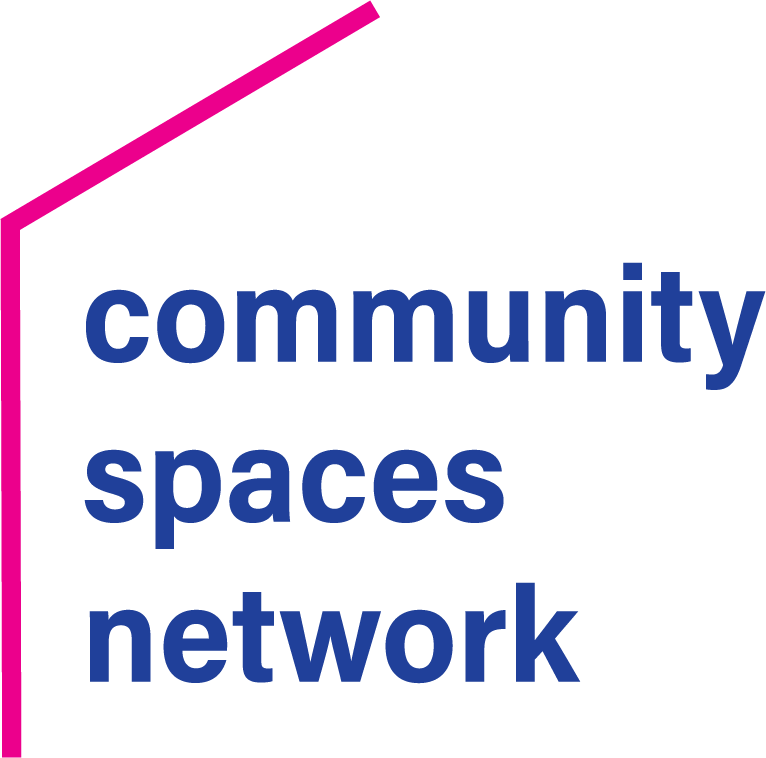Are you operating a community space and looking to diversify the ways your space is utilized?
Are you developing a nonprofit center and determining the best uses of your space? Are you rethinking the business model of your nonprofit space? This online course includes 8 deep dives on different uses of community space. It has become clear that diversifying the uses of a space and widening the range of offerings in a nonprofit center are key strategies for the sustainability of SPRE buildings. When growing beyond office space, there is opportunity to rethink business models, activate collaboration in innovative ways, and expand community impact. These modules explore 8 different types of spaces and what to consider with each use of space including operations, financial sustainability, community engagement, and more.
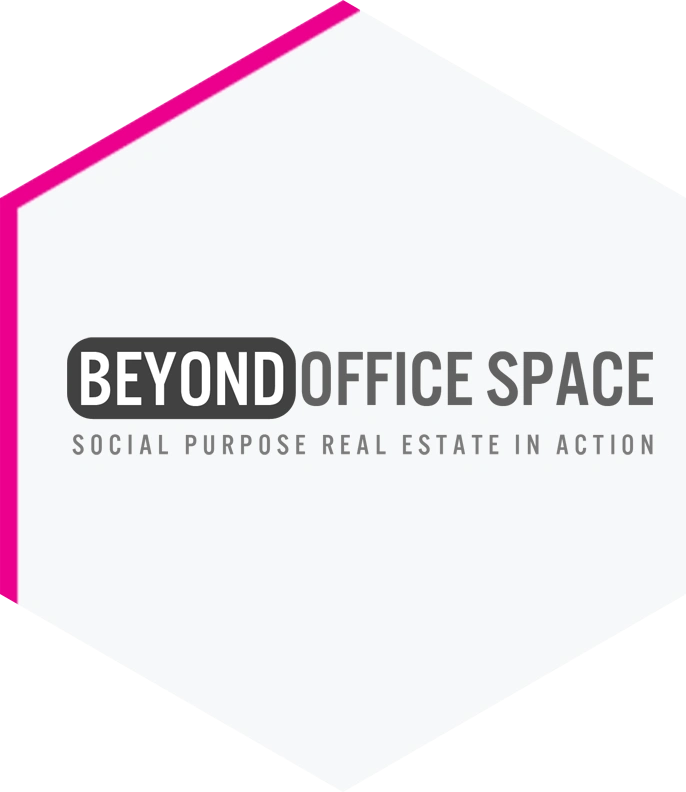
What You’ll Learn About Each Space:
A deep dive including origin story and what led to this space use
Overview of sustainability and example funding, budget, and business model for the space
An example of programmatic goals and goal setting
Operational tips and considerations for running this type of space
Design considerations when planning for this space use and integration in the community
A practitioner’s take on best practices and lessons learned in running this type of space
Staffing considerations and other space management tools
How this use of space can encourage community engagement inside and outside the building
Resources, policies, and case studies specific to that use of space
This Course Includes:
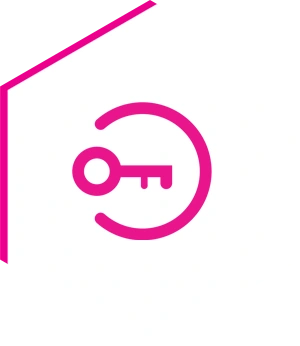
Unlimited Organizational Access

8 Deep Dives on Different Space Uses

6 Hours of Professional Development

16 Downloadable Resources, Templates, & Policies
Course Content:
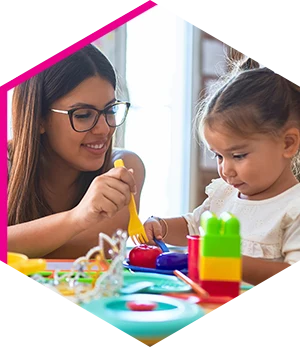
Module 1: Childcare Space
Childcare has become an increasingly important need for families across North America, and access to that childcare is increasingly difficult. Learn how one center has worked with a nonprofit childcare tenant to meet that need, activate their community, and diversify their space.
Speakers:
Diana Steele, Tenant Relations Coordinator, The Kahanoff Centre and Kuljinder Virk, Program Director, Kids Churchill Park
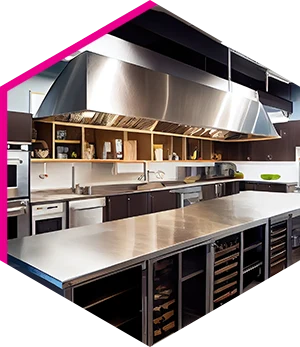
Module 2: Commercial / Community Kitchen
Access to a commercial kitchen can be a pivotal platform for economic development and well being for community members. Learn how a family resource center has created a restaurant and culinary business training program that supports their community, specifically immigrant and refugee women.
Speaker:
Michel Sohai, FOH/Special Events/Transportation Coordinator, Comal Heritage Food Incubator

Module 3: Recreational / Gym Facility
Recreational space can be a unique asset and amenity for a community. Learn how one organization has created a state of the art facility where they fuel community connections, spaces, and experiences where everyone can learn, play and thrive together.
Speaker:
Lydia Corbell, Director of Programming and Community Engagement, The Jones Center

Module 4: Health / Wellness Space
Health and wellness spaces are critical to the overall wellbeing of our communities. Learn how one center works with publicly funded organizations and nonprofits to create efficient networks, referral systems, and inclusive spaces for health related work.
Speaker:
Charlene Altenhain, CEO, The Glasser/Schoenbaum Human Services Center
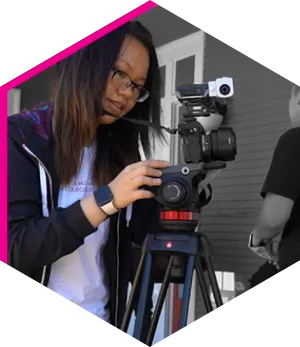
Module 5: Media Arts Space
Arts and culture spaces are critical to ensuring that artists and makers have access to affordable space in their communities. Learn how one organization models new ways to run affordable, inclusive spaces for creative and cultural expression.
Speaker:
Chad Johnston, CEO, CreaTV San Jose
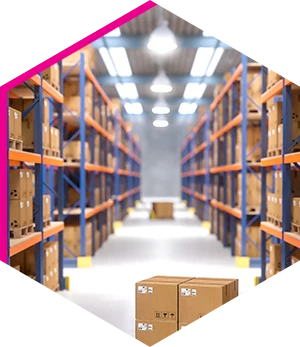
Module 6: Warehouse / Storage
Nonprofits often need storage space for the materials that help them deliver on their mission. Learn how one center has utilized warehouse and storage space to diversify their business model and better serve their nonprofit partners.
Speaker:
Diana Davis, Executive Director, Jerry Forbes Centre for Community Spirit & Holly Pshyk, Director, Marketing & Development, Jerry Forbes Centre for Community Spirit

Module 7: Youth Space
Safe spaces for youth to gather, learn, and grow are a key part of vibrant communities. Learn how one hub runs youth programs on a long-term basis, facilitates community engagement with their youth serving tenants, and partners with organizations to offer pop-up programming.
Speaker:
Stepha’N Quicksey, Youth & Community Engagement Director, Life Remodeled
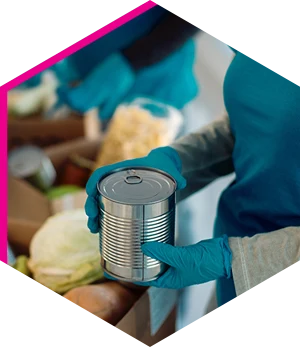
Module 8: Food Pantry
Food insecurity is a growing concern for many communities in recent years. Learn from one center about their operations, distribution process, space, and innovative approaches to help relieve hunger insecurity in their area.
Speaker:
Pat Smith, CEO, Serve Denton & representing Denton Community Food Center
